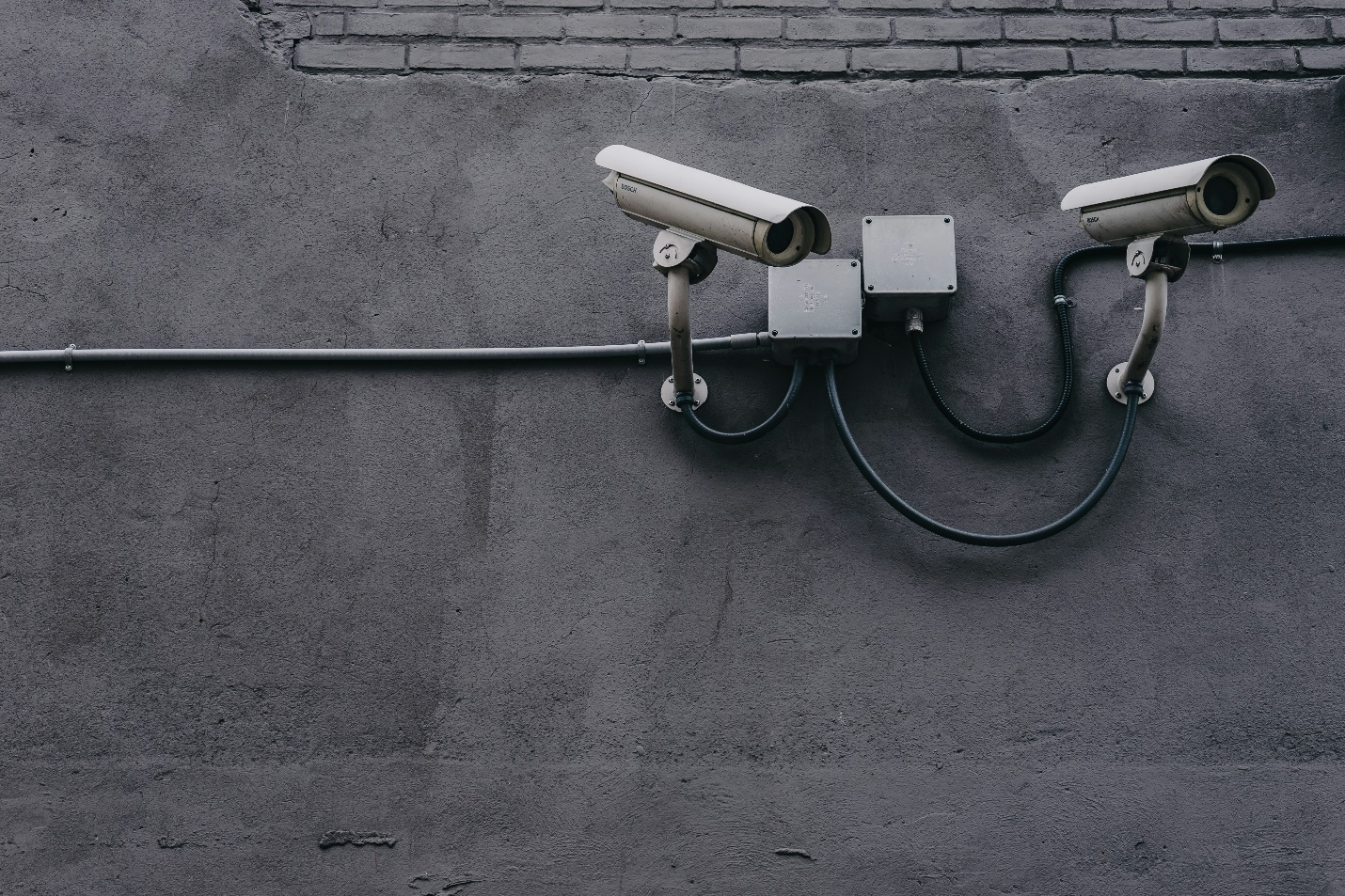
How AI Security and Active Shooter Detection Will Change Security
The landscape of security is evolving.
At the forefront of this change is AI security detection.

This technology is revolutionizing how we approach safety, particularly in the context of active shooter detection. It's not just about responding to threats anymore. AI allows us to identify potential risks in real-time, enhancing our ability to prevent incidents before they occur.
Active shooter detection systems, powered by AI, are being implemented in various settings. Schools, commercial spaces, and public venues are all starting to recognize the value of this advanced safety technology.
But what does this mean for the future of security? How will AI shape our approach to threat detection and response?
In this article, we delve into these questions, exploring the capabilities, implications, and future of AI security detection.
The Rise of AI in Security Detection
AI security detection is gaining traction.
Its rise is driven by the need for more efficient, proactive safety measures. Traditional security methods often rely on human vigilance. They can be slow to respond and prone to errors.
AI, on the other hand, offers speed and accuracy. It can analyze vast amounts of data in real-time, identifying potential threats with remarkable precision.
This technology is not just transforming security. It's redefining our understanding of safety, pushing us towards a future where threats are detected and neutralized before they can cause harm.
Understanding Active Shooter Detection Systems
Active shooter detection systems are a critical part of modern safety technology.
These systems use AI to identify guns and potential threats in real-time. They analyze visual cues, differentiating between various images to reduce false alarms.
When a threat is detected, these systems can automatically notify law enforcement. They can also trigger lockdown procedures, helping to protect those in the vicinity.
The goal is clear: to minimize response times and maximize safety during critical incidents.
The Role of AI in Gun Detection and Active Shooter Alerts
AI plays a pivotal role in gun detection. It can recognize firearms in surveillance footage, even in crowded or complex scenes.
This capability is crucial in active shooter situations. Early detection can save lives by enabling quicker response times.
Once a threat is identified, AI can trigger active shooter alerts. These alerts can be disseminated through various channels, including mobile apps and public address systems.
In essence, AI is not just a detection tool. It's a communication aid that can help coordinate responses and keep people informed during emergencies.
AI Safety in Schools: Preventing the Unthinkable
Schools are increasingly adopting AI security detection. The goal is to enhance safety and prevent active shooter incidents.
Active shooter detection systems in schools can identify potential threats in real-time. This allows for immediate lockdown procedures and law enforcement notification.

However, the implementation of such systems raises questions. The psychological impact on students and staff is a consideration.
Despite these concerns, the potential benefits of AI safety in schools are significant. It's about creating a safer learning environment for our children.
The Technology Behind AI Security Detection
AI security detection relies on machine learning algorithms. These algorithms analyze visual cues to identify threats.
The effectiveness of these systems improves over time. As they process more data, their ability to accurately detect threats increases.
However, the reliability of AI security detection is influenced by the quality of data and algorithms used. Poor data can lead to false alarms or missed threats.
Despite these challenges, the potential of AI in security is vast. It extends beyond detection to include incident response and recovery.
Ethical Considerations and Privacy Concerns
The use of AI in security raises ethical questions. One of the main concerns is privacy.
AI security systems often require extensive surveillance. This can lead to potential infringements on personal privacy.
There's also the risk of AI systems perpetuating biases. If not carefully monitored, AI can inadvertently reinforce existing prejudices.
Balancing the need for security with respect for individual freedoms is a complex issue. It's a topic that requires ongoing legal and ethical discussions.
Case Studies: AI Security Detection in Action
AI security detection has proven effective in real-world scenarios. Let's look at a few case studies.
In one instance, an active shooter detection system identified a threat in a school. The system alerted law enforcement, who responded swiftly.
In another case, AI security detected a firearm in surveillance footage. The system's quick response prevented a potential incident.
These cases demonstrate the potential of AI in enhancing security. They show how AI can help prevent and respond to threats effectively.
Preparing for the AI-Enhanced Security Landscape
As AI becomes more integrated into security strategies, new skills and training are required. Security personnel must understand how to use AI systems effectively.
Robust testing and validation of AI security systems are also crucial. This ensures their reliability and effectiveness before widespread implementation.
Public awareness and education on AI security systems are also important. This fosters acceptance and cooperation from the public.
Lastly, continuous ethical review is necessary. As AI technologies evolve, so too should our understanding of their ethical implications.
Conclusion: Embracing AI for a Safer Tomorrow
AI security detection is transforming the landscape of safety and security. It offers proactive, intelligent solutions that can enhance our response to threats.
As we embrace this technology, we must also navigate the ethical and privacy considerations. The goal is a safer tomorrow, where AI plays a crucial role.

